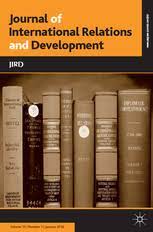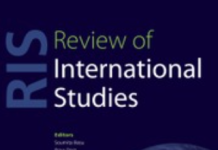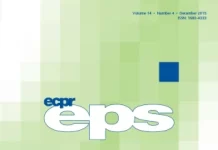In this article, we study how the discipline of International Relations (IR) emerged in post-war socialist Yugoslavia and how it evolved during and after the Cold War with the disintegration of Yugoslavia. In particular, we show that IR emerged in Yugoslavia in the 1950s and throughout the Cold War developed as a Marxist-inspired endeavour in support of self-management socialism at home and non-alignment and active peaceful coexistence abroad. After the collapse of Yugoslavia, its IR community was fragmented along the national lines, disillusioned with Marxism and preoccupied with practical war efforts and state-building, which implied a close interest in statecraft, strategy, geopolitics and realism. Since the early 2000s, IR communities from the region have been reconnecting both with the post-Yugoslav area and keeping up with Western and global IR trends. This has implied greater pluralism and diversity in approaches, focusing on post-conflict reconstruction and regional integration, and a gradual turn towards the liberal, critical and constructivist scholarship.
Link: https://link.springer.com/article/10.1057/s41268-021-00236-w




